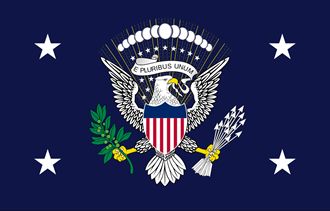 A study has revealed that while 85 percent of Americans use the internet, a third of the nation were hopeless at it.
A study has revealed that while 85 percent of Americans use the internet, a third of the nation were hopeless at it.
The study was conducted by John Horrigan, an independent researcher suggests that the digital divide has been replaced by a gap in digital readiness.
More than a third of Americans were not digitally literate or don’t trust the internet. That subgroup tended to be less educated, poorer, and older than the average American. It’s the unternet, then.
It appears that those with essential Web skills “tend to be the more privileged” and it is only these who are getting any mileage from the digital revolution.
The study of 1,600 adults measured their grasp of terms like “cookie” and “Wi-Fi.” It asked them to rate how confident they were about using a desktop or laptop or a smart phone to find information, as well as how comfortable they felt about using a computer. Of those who scored low in these areas, about half were not internet users.
Horrigan said that politicians have ignored the problem of digital readiness while concentrating on providing people with access to the internet.
There has been little effort paid to teaching people the necessary skills to take advantage of online classes and job searches.
The tech industry has also been bad at working out that not all users possess the same digital skill levels and that they need to make accommodations for those with less knowledge.





